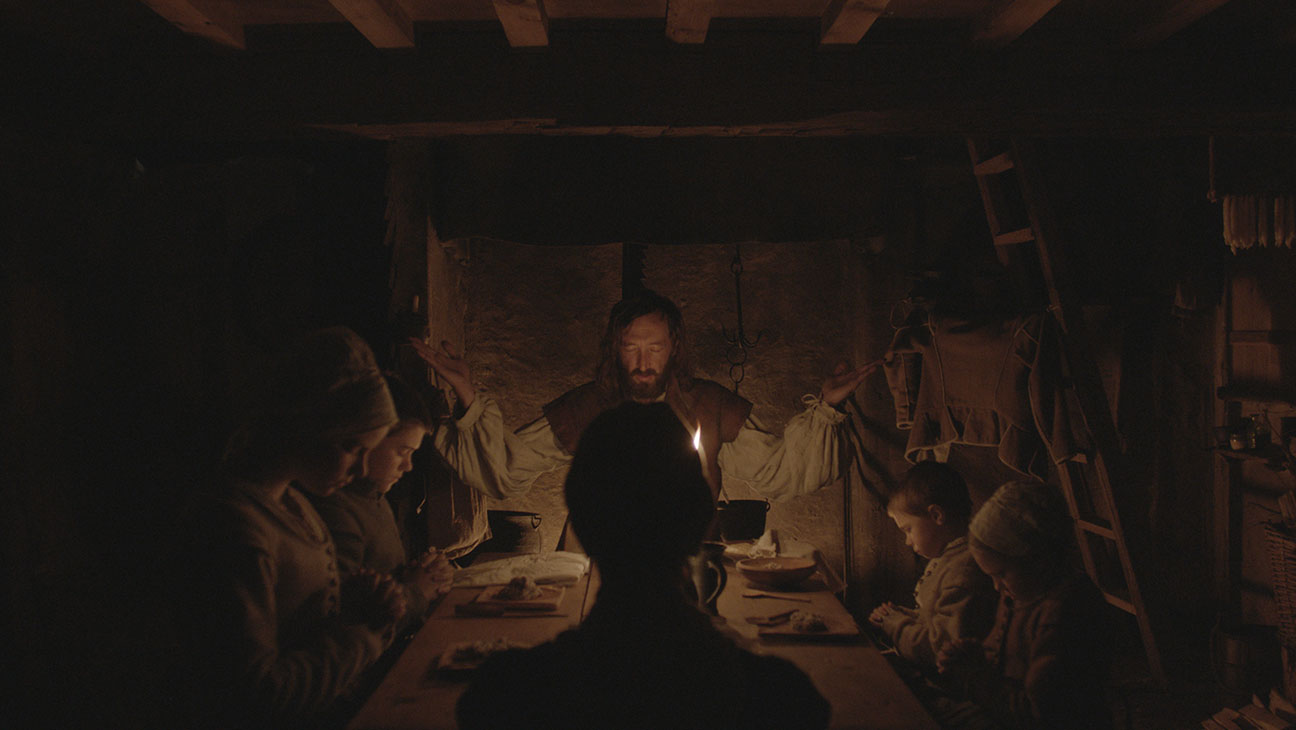What The Witch and Disney’s Zootopia can tell us about Society, Community, and ourselves
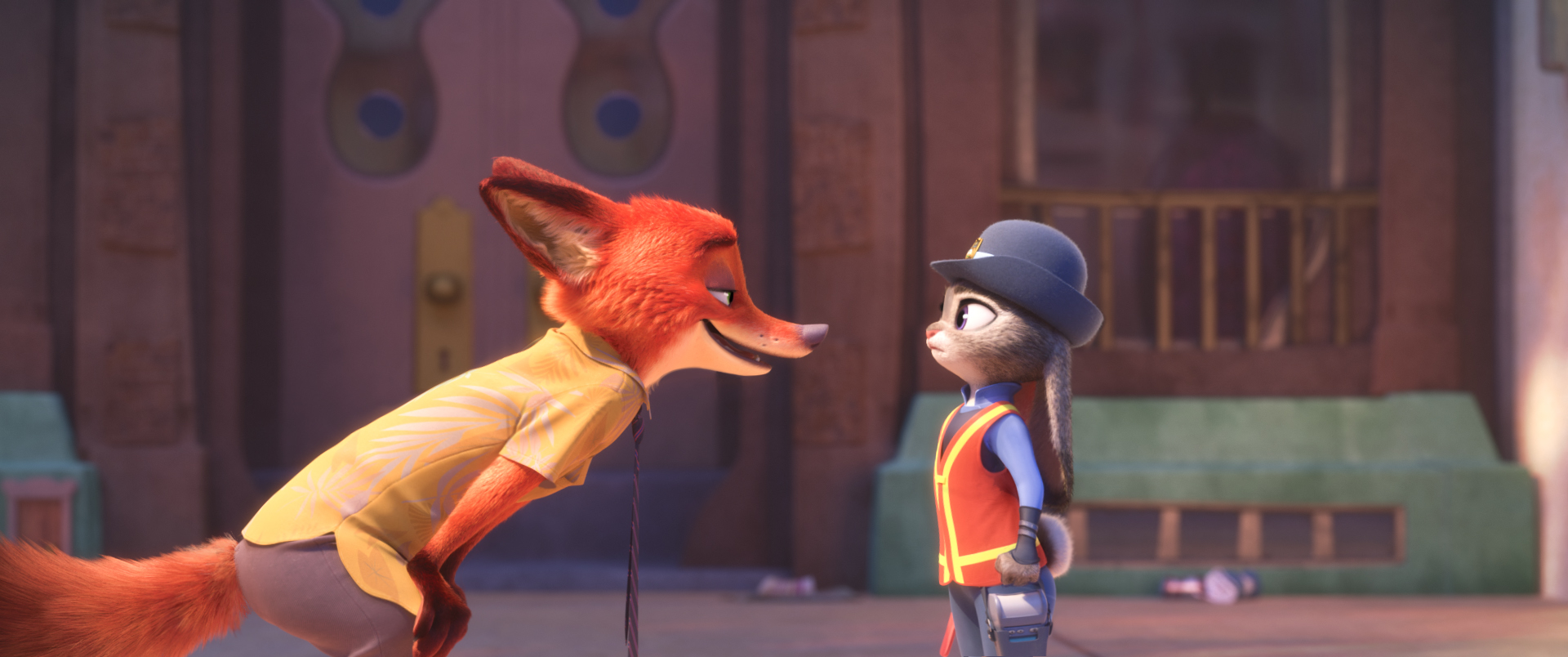 Note: “Reel Theology” is a special section devoted to editorial interpretations of various movies. The readings you may find here might very well be unintended on behalf of the filmmaker, and in many cases are subjective to the individual writer’s point of view. You may find yourself not agreeing, but we hope you will find yourself engaged.
Note: “Reel Theology” is a special section devoted to editorial interpretations of various movies. The readings you may find here might very well be unintended on behalf of the filmmaker, and in many cases are subjective to the individual writer’s point of view. You may find yourself not agreeing, but we hope you will find yourself engaged.
So far this year, 2 films have been released that could not be more different: The Witch and Zootopia. While one is a 17th century based horror film, and the other an animated film from Disney, both share a unique commentary, looking at two sides of the same concept of community.
Community can be viewed as a feeling of fellowship with others, as a result of sharing common attitudes, interests, and goals; or the people of a district or country considered collectively, especially in the context of social values and responsibilities; society. Using these two definitions, there is a unique perspective being offered by both filmmakers, studios, and writers as to what constitutes community, and what the various problems we still face today. Even though one world is from 400 years ago, and the other is a fictionalized, animated one, both have lots to say about how we deal with this issue of community.
Both The Witch and Zootopia show us the dangers of the facade of individualism, or the cracks in the paint job people put on the ideal of “utopia”.

Zootopia is firmly planted in a society that is obsessed with community. Being a play on the word “utopia”, the title alone of this society of animated animals shows that they have finally beaten everything that ails our modern world. Racism, Species-ism, Sexism, and even Misogynist have all fallen on the ash heap of history in this perfect world. But as much as they paint a perfect veneer on the outside, inside there is still all of the same problems that we face. They simply act like there isn’t. From the view that a short rabbit can’t be an elite police officer (much less a female bunny fulfilling that role), to the way the shop owner won’t serve an “other kind” of animal at his ice cream shop, we see that the same old problems still exist if one knows where to look. All that has happened is that those in power use the idea of utopia, and community, to keep people in line. Where is the freedom? Individualism is looked down upon as it pulls away from the group identity. Yet clearly people are different. Each has unique gifts, talents, personalities, and skills. Conforming to the group identity can be good, but what about when it denies the essence of who people are, or worse yet, takes away their ability to be themselves?
The Witch is another beast all together. In this spooky film that takes place prior to the famed Salem Witch Trials, we see a family who is very much a part of a society that values group identity more than individualism. This society desires that everyone conforms to their views if they are to remain a part of the community. When the family in this film decides that they want to embrace freedom, and individualism, they set out to the American wilderness to start their own life, or more particularly, their own community that suits their views and group think. And while there is a witch in the woods, the true enemy of this family is their own self-destructive nature that is easily pulled apart in the absence of community.
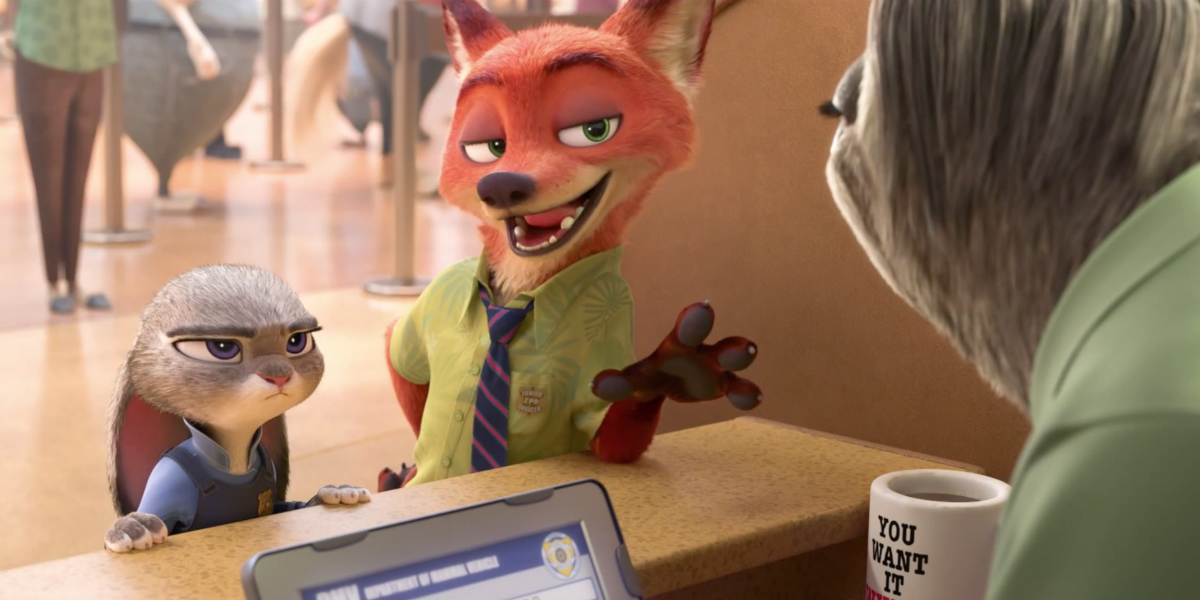
In both cases, community is a strength. Both societies need others, working together, to function effectively and to meet the needs of all of its participants. But both the overemphasis on community, and the de-emphasis of it to the point of “going it alone” contain within it the root of the same problem…the human condition.
The dirty secret is not that one system is better than another, or that one community is better than another. The problem is that no matter what type of community or societal structure a culture comes up with to meet the needs of its people, it will never be perfect, or even close to it. This is because pride lurks in all of us. When we discriminate, belittle, or devalue our fellow brothers and sisters, it is usually rooted in “self”. Whether that’s out of an inflated sense of ego or superiority, or an overcompensation for feeling undervalued and thus the need to “strike-out”, it’s still based on our own pride. Our reasons for devaluing others might be wrapped up in sanctimonious notions of right belief, noble cause, or moral superiority, but right reasons never support wrong actions, whether that is in the name of freedom and individualism, or in the name of a better collective society.
Both The Witch and Zootopia show us the dangers of the facade of individualism, or the cracks in the paint job people put on the ideal of “utopia”. Zootopia is probably the closest of the two films in directly identifying the cause of the problems, when they seek to tell us that the “Predator” animals (Lions, Tigers, etc.) have given up their savage nature to embrace peace and harmony. As the Utopian ideal is lived out, however, we see the truth. The Witch is much more subtle, but the true demon isn’t always found in the woods, possessed animals, or the like. It is us who is possessed with this “savage” nature, and we alone are the bearers of the blame of society’s ills.
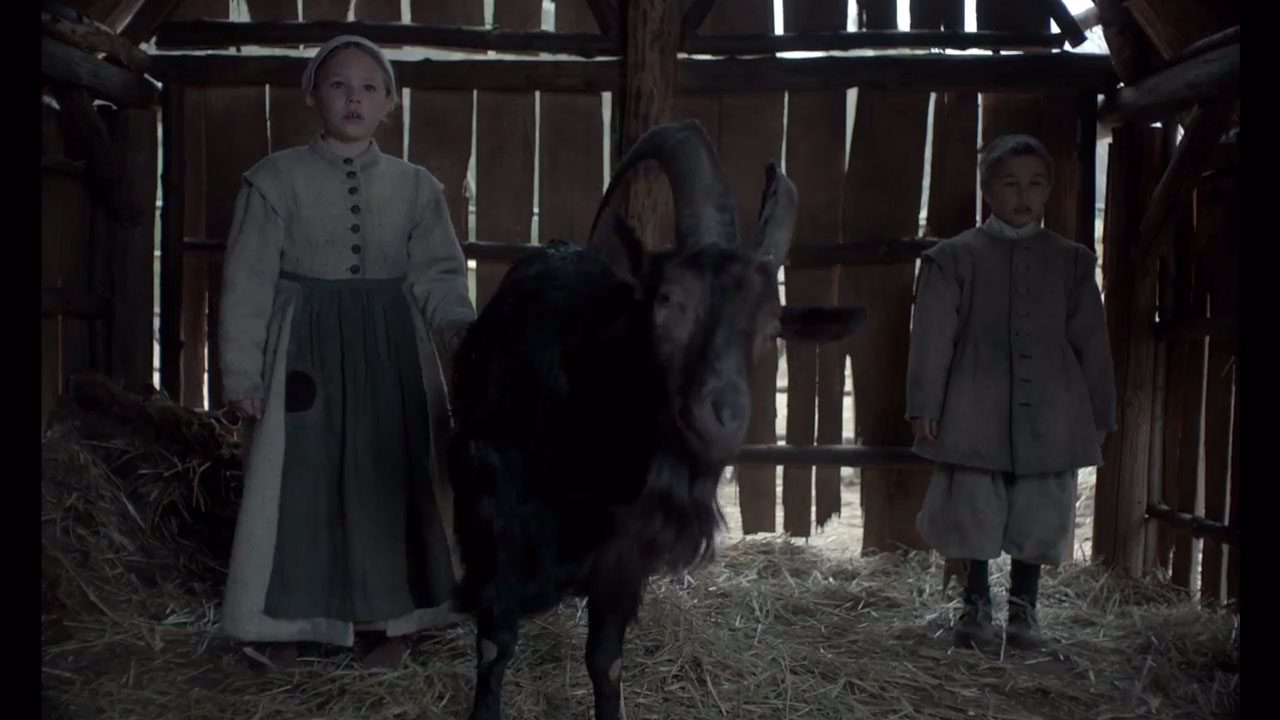
Both films project an alternative reality but the reflection that we see when we watch either of them speaks volumes of the failings of our own. The division in our political climate, race relations, or which bathroom certain people should or should not use, underscore that we are still the collective problem. Our pride, and lack of love, or grace, can be seen on both sides of every issue that we could discuss, irregardless on if we can back it up morally, spiritually, or through physical strength or not. Even Saint Paul wrote:
If I speak in the tongues[a] of men or of angels, but do not have love, I am only a resounding gong or a clanging cymbal. 2 If I have the gift of prophecy and can fathom all mysteries and all knowledge, and if I have a faith that can move mountains, but do not have love, I am nothing. 3 If I give all I possess to the poor and give over my body to hardship that I may boast,[b] but do not have love, I gain nothing. –I Corinthians 13: 1-3
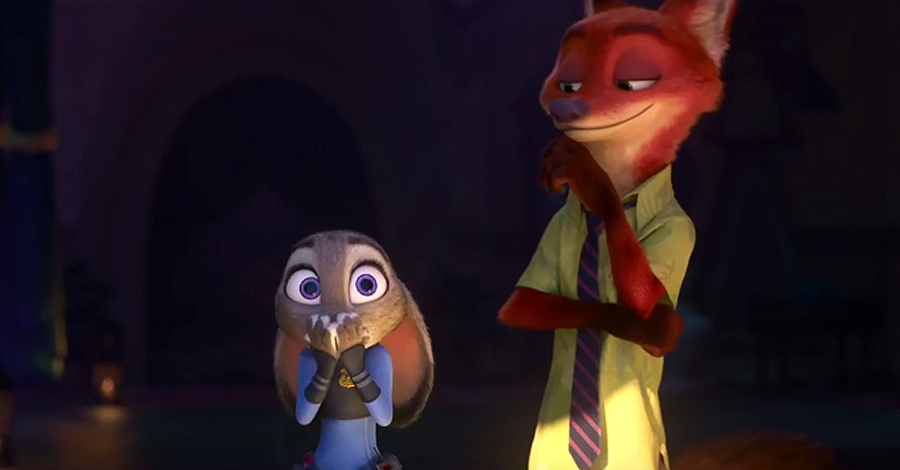
So whether we seek to wrap everybody up into one big melting pot, stripping individualism away for the good of the larger community, or if we seek to defend our individuality and freedom without the support of a larger community holding it in check, both must be rooted in love if it is to have a chance to succeed. Otherwise, we will find that at the root of both types of community will be the same poison, seeking to bring it all down. The “Zootopian Witch” of any society, when we look in the mirror, is really just us. The only question is will we pursue community with one another in love, despite our differences, or will we kneel at the altar of our own pride?
